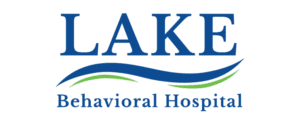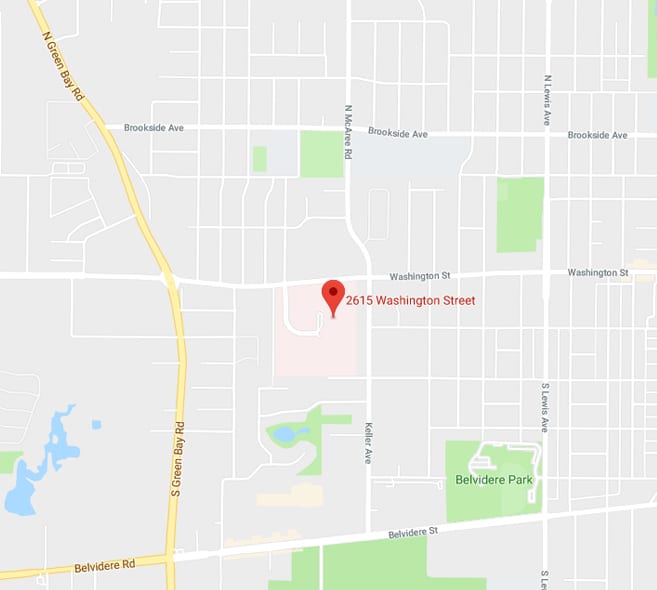Suicide Prevention is Possible
People who are feeling suicidal are often dealing with feelings or situations so intense, there seems to be no other way out. The truth is most feelings and most situations, no matter how distressing, will pass in time. Many who express a desire to die are overwhelmed. Given a chance to have a good listener by their side who will not only listen, but make that important referral for professional help, there is an opportunity to make a life-saving difference.
Prevention means being informed and being able to recognize the signs of suicide. These can include:
- Talking about death or suicide
- Feeling hopeless, helpless, or worthless
- Feeling like he/she is a burden to others
- Withdrawal from friends, family, or social activities
- Moodiness, or an increase in sadness, or even anger
- Finding ways to say goodbye
- Giving away loved possessions
If your friend or a family member talks about suicide, take every threat seriously. Spoken threats are often ways to ask for help. The person speaking may just need someone to reach out in a non-judgmental way. He/She may be in emotional pain that is so severe, that although they do not really want to die, there is no way to express the intensity of their feelings.
Don’t be afraid to ask, “Are you thinking about suicide?” This question is important to understanding what they are really thinking. Don’t worry. Research shows that asking the question will not cause someone to consider suicide. In fact, people are often relieved the question has been asked and they can freely talk about their feelings. Please don’t leave anyone alone who may be suicidal. Never keep suicide threats a secret.
One of the most important ways to prevent suicide is to seek professional help. Know your community. A call to the National Suicide Hot Line at 1 800 273 TALK (8255) can make a difference and save a life.
And, of course, call upon the skilled professionals at Lake Behavioral Hospital to provide help. We are available 24/7/365 to offer caring support for those in a mental health crisis. Call 855 990 1900.
Lake Behavioral Hospital is a proud sponsor of the Lake County Suicide Prevention Task Force Suicide Prevention Walk on September 19, 2020. We hope to see you there.



